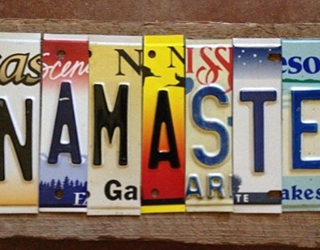I began this journey with an absolute: mom will never move to a care home. As months turn to years and mild dementia transforms into moderate stages, I learn there are no absolutes with Alzheimer’s.
Mom is a “tween” – in stage, not age.
She’s in limbo, and I live it with her every day. I stay with her in the home of my childhood, for long periods at a time: cooking, entertaining, watching and waiting. This summer I visited dementia care homes. Mom’s name is on five waiting lists now. Guilt mingles with relief.
When I go home to recharge my batteries, our paid caregiver takes over, a transition as anxiety-ridden for mom as a simple change from orange to apple juice. The caregiver comes every day; this time I’ve added one overnight a week.
Rule #1: Never say never.

